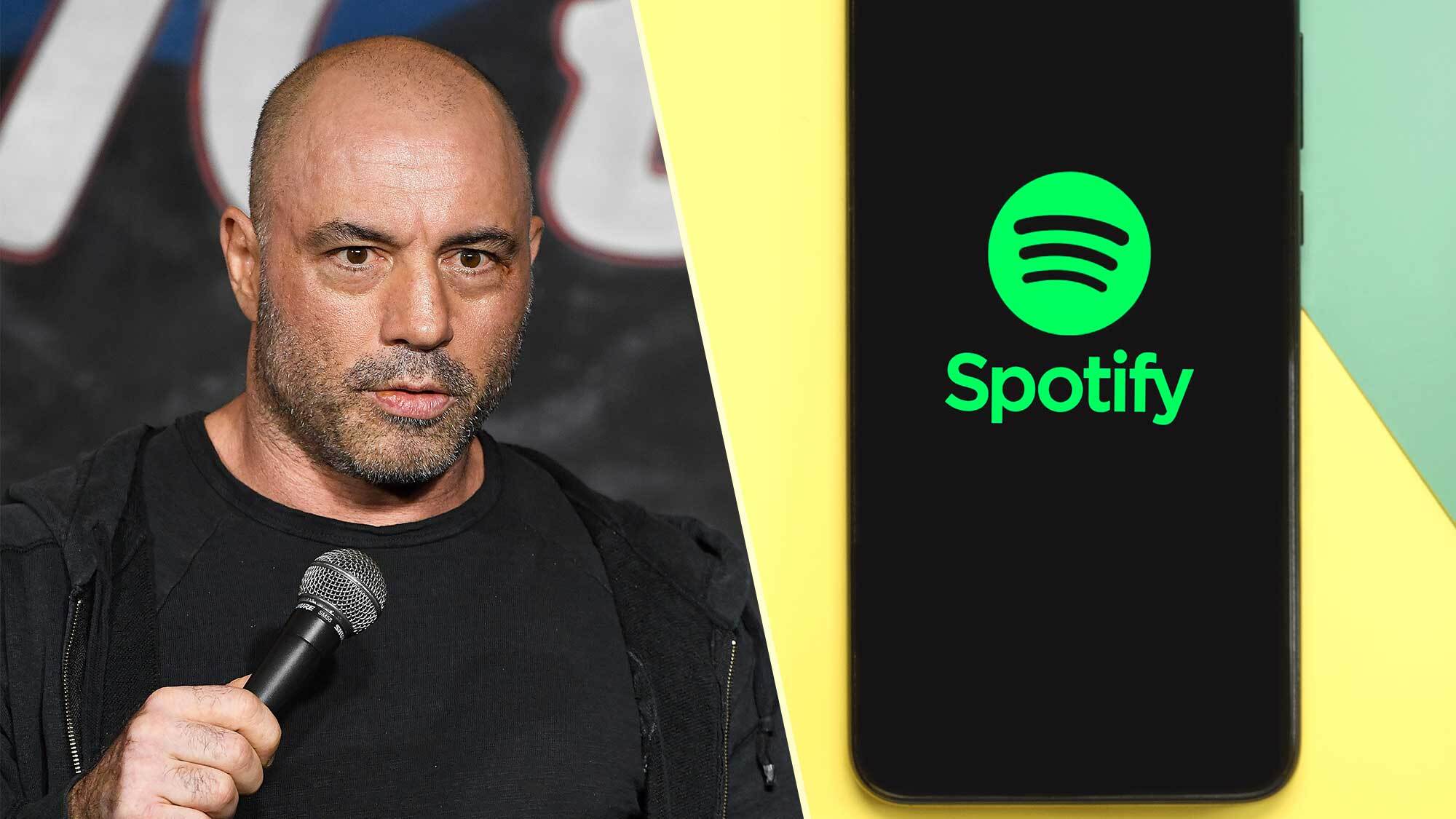Spotify reveals content policy amidst Joe Rogan controversy — what you need to know

Spotify has updated and publicly published its content policies following Neil Young's departure from the platform in protest of the alleged misinformation on Joe Rogan's podcast, The Joe Rogan Experience.
The updated policy adds caveats about medical information, going so far as to say that the spread of harmful information about dangerous diseases, such as AIDS or Covid-19, is not allowed on the platform.
While Spotify always had platform rules, these content policies were never publicly made available. The Verge leaked internal messaging from Spotify's Slack channels that has Dustee Jenkins, Spotify’s head of global communications and public relations, telling employees where the company fell short.
"What Spotify hasn’t done is move fast enough to share these policies externally, and are working to address that as soon as possible," said Jenkins per The Verge.
Again, while these content guidelines were not publicly available at the time, Jenkins claimed that these policies had been in place "for years," including statements made about healthcare.
What the Spotify content policy covers
The now-published list of Spotify content policies is widespread and includes many sensitive topics. These includes the glorification of suicide, making threats to identifiable groups, promoting the illicit sales of drugs and firearms, depictions of child sexual abuse or exploitation and content that aims to interfere with election-related processes.
It's uncertain if certain songs, some of which may deal with the sensitive topics listed above, may become delisted by Spotify now that this information is public. Mature content already has an "E" for explicit label on the platform. For example, does The Notorious B.I.G.'s "Suicidal Thoughts," which has over 90 million plays on the platform, a violation of Spotify's content policies?
Get instant access to breaking news, the hottest reviews, great deals and helpful tips.
"Personally, there are plenty of individuals and views on Spotify that I disagree with strongly," said Daniel Ek, co-founder and CEO of Spotify in a statement on Jan. 30. "We know we have a critical role to play in supporting creator expression while balancing it with the safety of our users."
Spotify's balancing act
It's a tough balancing act for Ek and Spotify as the line between artistry and expression, especially on difficult or sensitive topics, can collide with legal or public health concerns.
"It is important to me that we don’t take on the position of being content censor while also making sure that there are rules in place and consequences for those who violate them," said Ek.
Following Neil Young's departure from the platform, other musicians have followed, including Joni Mitchell and Nils Lofgren. Fans too have been cancelling their Spotify premium memberships in protest, which led to the streaming service's market value dropping by $2.1 billion.
Still, per Spotify's own content policies, some believe that Rogan's various episodes on the Covid-19 vaccine and taking treatments that haven't been scientifically proven would be in violation.
Why the Joe Rogan episodes are staying — and what happens next
Jenkins claimed, according to The Verge, that the company had reviewed each and every one of Rogan's episodes by an "internal team of some of the best experts in the space" and they found that the episodes "didn’t meet the threshold for removal." But Jenkins added that Spotify is working with third parties to "advise us and help us evolve our policies given what’s going on in the world around us."
The content policy currently states: "promoting or suggesting that vaccines approved by local health authorities are designed to cause death." Since Rogan has apparently not gone so far as to say the Covid-19 vaccine would cause death, his show has not violated the rules.
Even then, Rogan did apologize in a ten-minute video on his Instagram page. In his response, he said that he was sorry if he had angered anyone with his show and that he would do his "best to balance out these more controversial viewpoints with other people's perspectives." Rogan has an estimated 11 million listeners per episode.
Be sure to follow our Spotify controversy live blog for the latest updates.

Imad is currently Senior Google and Internet Culture reporter for CNET, but until recently was News Editor at Tom's Guide. Hailing from Texas, Imad started his journalism career in 2013 and has amassed bylines with the New York Times, the Washington Post, ESPN, Wired and Men's Health Magazine, among others. Outside of work, you can find him sitting blankly in front of a Word document trying desperately to write the first pages of a new book.
 Club Benefits
Club Benefits





